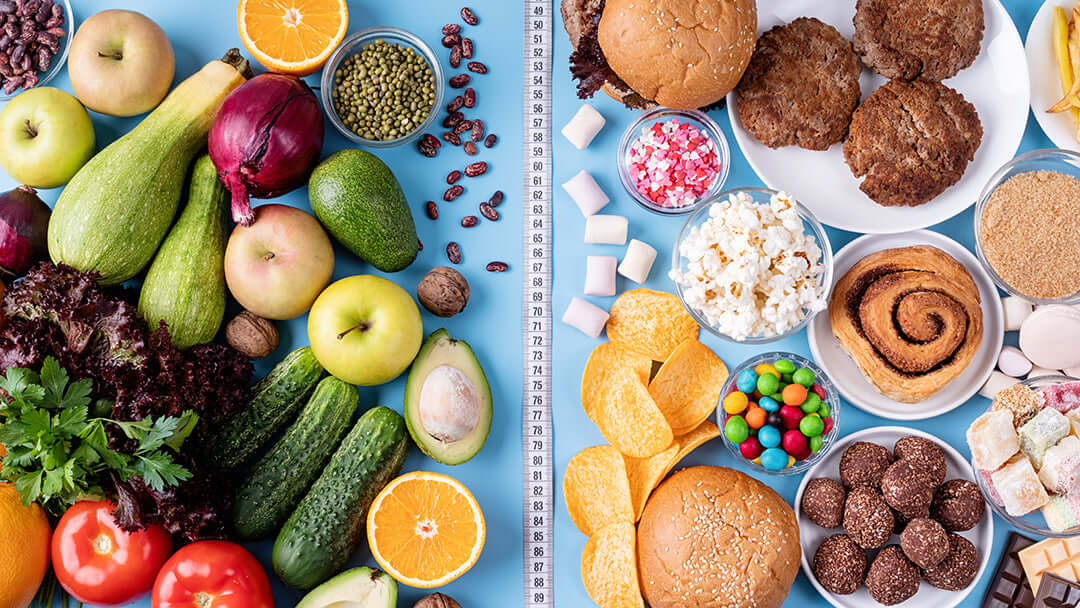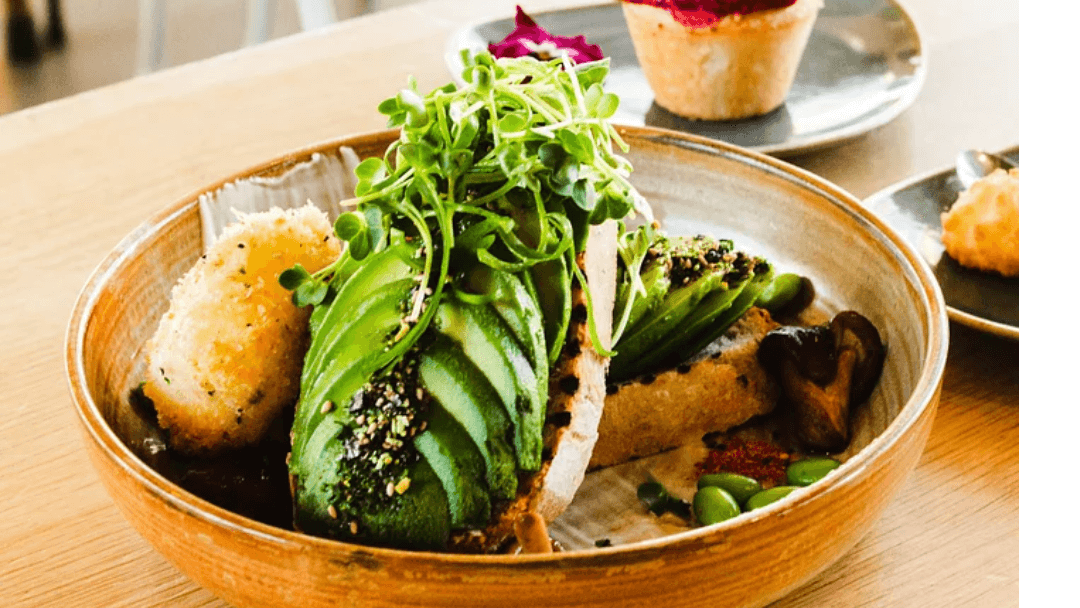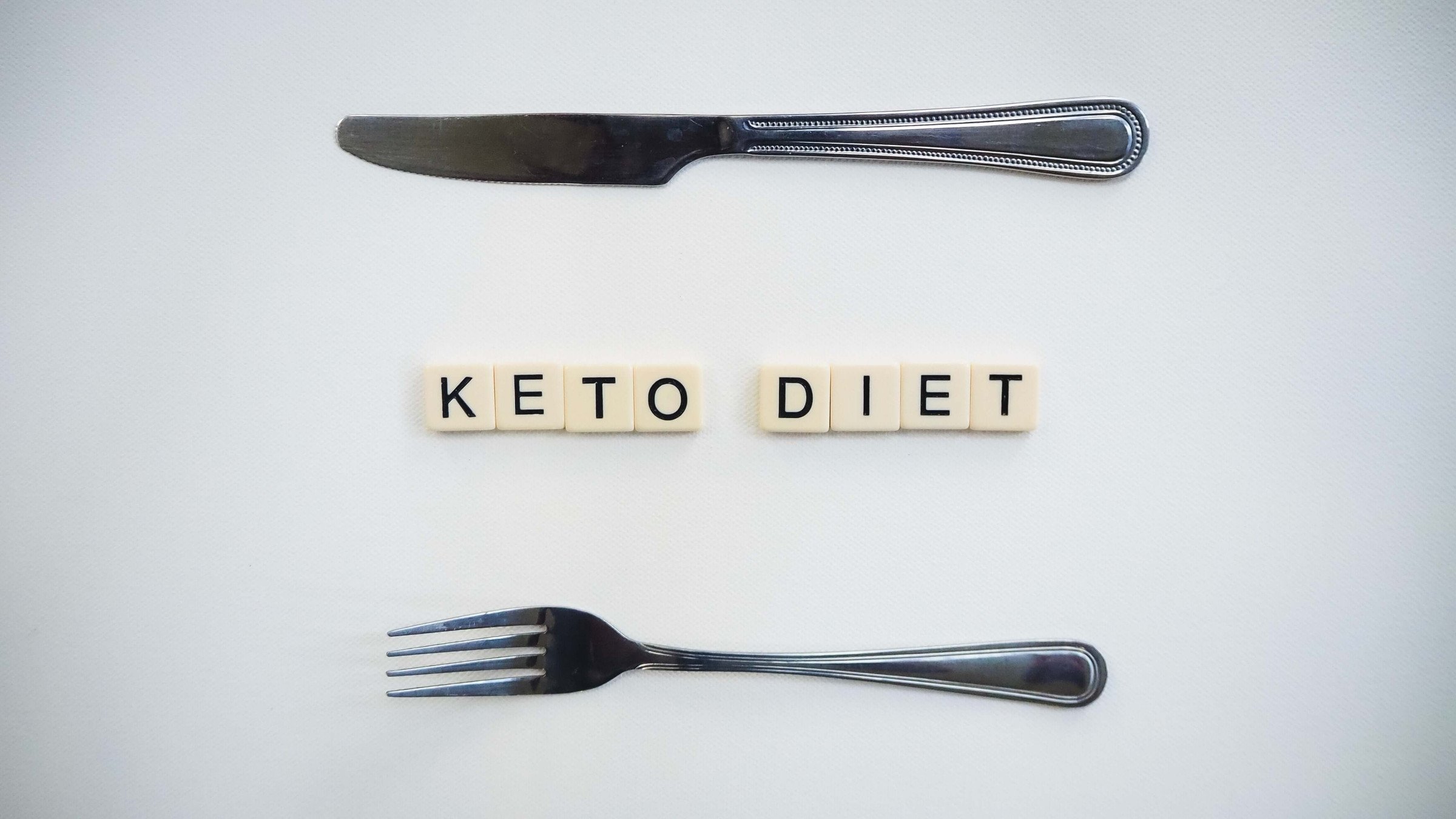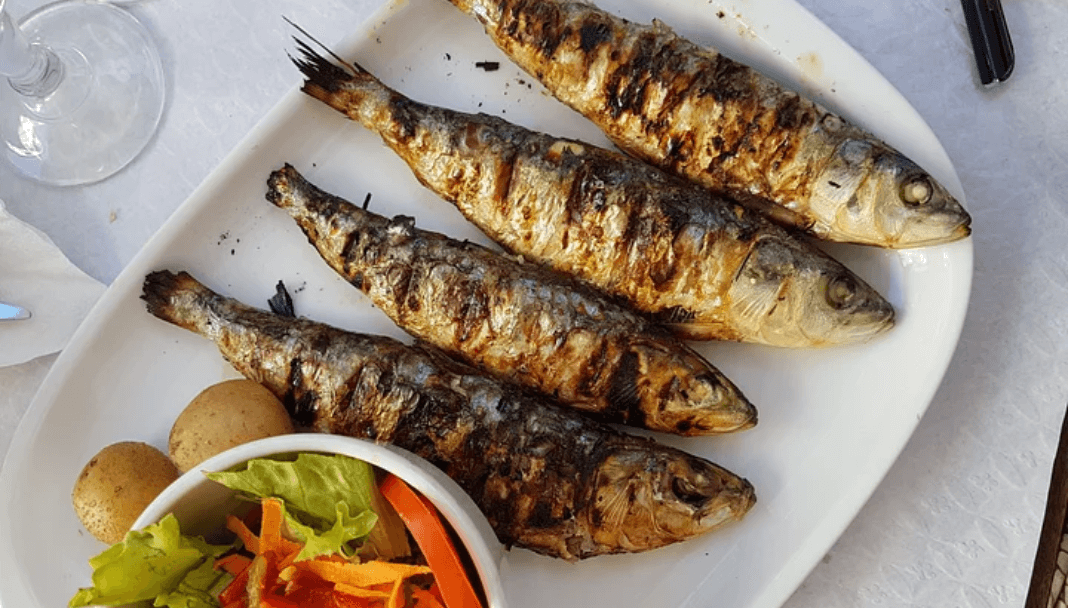The keto diet has taken the world by storm as an effective way to lose weight and improve health markers. However, sticking to whole, unprocessed foods can be challenging for busy lifestyles. Processed keto products promise convenience - but do they defeat the purpose of going low-carb? Let's explore this keto conundrum.
Ketosis 101
Ketosis occurs when carb intake drops below 50g daily, signaling the body to break down fat rather than glucose for energy. This metabolic state forces the liver to produce ketone from fat, fueling the brain and providing other benefits like reduced appetite and inflammation. Staying in ketosis requires vigilance on macros - about 75% fat, 20% protein, 5% carbs or less daily.
Whole Foods vs Processed
Whole foods like meats, eggs, low-starch veggies, nuts and healthy fats ensure quality micronutrient intake in a keto diet. Processed keto foods are appealingly convenient but come with drawbacks:
- Higher sodium and preservatives: Products like keto bread and snacks often rely on preservatives to maintain freshness with shelf-stable packaging. Excess sodium is easy to exceed.
- Macros fluctuations: Formulation for net carbs is complex - fiber may be added just to lower the count, diluting nutrition. Ingredients affect absorption rates differently than whole foods.
- Spikes could stall ketosis:Even without affecting carb count, highly processed foods tend to destabilize blood sugar more than whole foods due to additives and fiber manipulation.
While keto processed foods do have their place, regular consumption could disrupt ketosis more often than traditional whole foods alone. What are the tricks to strike a balance?
Moderation is Key
No food is inherently "good" or "bad" - it's about context. An occasional keto-friendly packaged item absolutely fits the lifestyle when macros are accounted for and it doesn't become a staple. Focusing on whole foods 80-90% of the time keeps the body accustomed to efficient ketosis.
For convenience, consider:
- Homemade versions: Recreate baked goods and snacks using clean, low-carb swaps for flour and sweeteners. Customize ingredients for optimal nutrition.
- Minimal ingredients: Select processed products listing only whole-food derivatives (like almond flour) high up on labels versus chemical additives.
- Portion control: Enjoy indulgent options in small servings to minimize disruption to ketosis versus an all-day snack fest.
- Read labels rigorously: Know exactly what you're consuming to avoid pitfalls and stay optimally keto-adapted most of the time for maximum health benefits from the diet.
- Regularly measure ketone levels: Utilize SiBio KS1 Continuous Ketone Monitoring (CKM) System for real-time tracking of ketone levels. This 24h x 14d uninterrupted usage device offers convenience with its waterproof and sweatproof design, eliminating the need for frequent fingersticks. The SiBio KS1 Ketone Monitor with its user-friendly SiBio app allow for precise insights, aiding in the optimization of your ketogenic diet for maximum health benefits.
In summary, while processed keto foods offer convenience, it's crucial to balance them with whole, unprocessed options for a successful ketogenic lifestyle. Prioritize whole foods, indulge in occasional homemade treats, practice portion control, read labels diligently, and consider the SiBio KS1 CKM for continuous ketone monitoring. By maintaining this balance, you can enjoy the benefits of ketosis without compromising your health goals in the long run.
FAQs:
Q: What food is processed?
A: Processed foods are those that have undergone alterations from their original form through methods such as cooking, preserving, refining, or adding various ingredients. Examples of processed foods include canned goods, packaged snacks, deli meats, and frozen meals. Essentially, any food that has been modified from its natural state can be considered processed to some extent.
Q: Why is processed food bad for keto?
A: Processed foods often contain hidden sugars, additives, and unhealthy fats that can interfere with ketosis, the metabolic state that is central to the keto diet. Additionally, many processed foods are high in carbohydrates, which can disrupt the low-carb nature of the keto diet and hinder the body's ability to stay in ketosis.
Q: What is unprocessed starchy carbs?
A: Unprocessed starchy carbs refer to carbohydrate-rich foods that have undergone minimal processing and retain most of their natural, unaltered state. Examples include whole grains, legumes, and root vegetables like sweet potatoes. While these can be nutritious, they are generally avoided on the keto diet due to their higher carb content.
Q: Is processed meat bad for keto?
A: In moderation, processed meats like deli meats, sausage and bacon can still fit into a keto diet. However, highly processed varieties with added sugars/carbs, salts and preservatives should be minimized. Nitrate-free options are preferable.
Q: What are some "clean" processed keto options?
A: Clean processed keto options include foods that are minimally processed and have limited added ingredients. Examples include grass-fed beef jerky, nitrate-free bacon, and sugar-free nut butters. Always check labels to ensure they align with clean keto principles.
Q: What are some easy keto meal options for busy schedules?
A: Quick and easy keto meal options for busy schedules include salads with protein sources like grilled chicken or salmon, omelets with vegetables and cheese, cauliflower rice stir-fries with low-carb vegetables and protein, and pre-prepared keto-friendly snacks like nuts, cheese, and hard-boiled eggs. Meal prepping on weekends can also help ensure you have keto-friendly options readily available during busy times.










